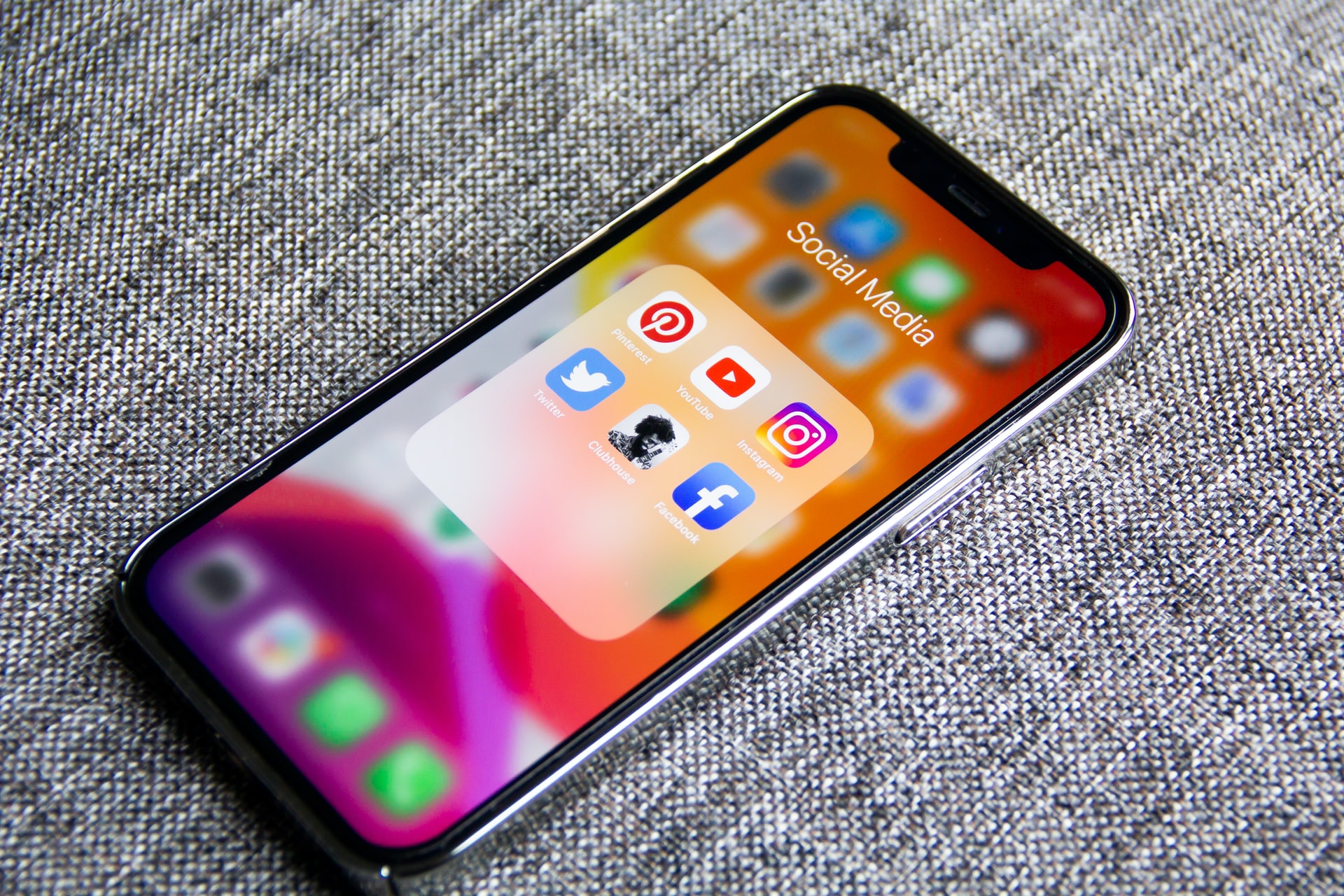Social media marketing has shown great power for businesses in 2021, so much so that 90% of marketers say their social media marketing efforts have increased brand awareness and 75% say it’s increased traffic.
There’s a number of brands that have stood out on social over the last year, thanks to their creative social media content, some innovative customer service and having effective community management strategies.
Patagonia – Audience Specific Content
The first step to any social media strategy is to know your audience. Patagonia understands this, creating content that caters to their outdoorsy, environmentalist followers.
Rather than merely share photos of their products, their social media content centers around people living an active, outdoors lifestyle. They also are vocal about their support for the environment, and demonstrate this by being transparent about their clothing production and sharing links to environmental justice groups.
Warby Parker – Efficiently Addressing Consumer Feedback
Top brands know that responding to customer complaints is crucial: around 42% of customers complaining in social media expect a 60-minute response time. While social media monitoring and listening and crucial to catch customer complaints, Warby Parker took Twitter customer service a step further with a dedicated customer service account, @WarbyParkerHelp.
Warby Parker uses this account to answer customer questions and complaints, and even give personalized glasses styling advice with their #TryAtHome hashtag.
National Geographic – Clear Roles for Each Plaform
The world-renowned magazine and TV network boasts 25.7 million followers on Twitter, 46.9 million on Facebook, and a whopping 157 million on Instagram. A large social media following doesn’t just come from being a 130-year old magazine. Part of National Geographic’s social media success can be attributed to their strategic content.
Nat Geo caters their social media content based on what works best for each platform. On Instagram, they share stunning photos and videos of natural landscapes. They use Twitter to post fascinating nature facts, and Facebook to share longer-form articles. Rather than post the same content across all platforms, they leverage each platform for what it’s best for.
Dove – Placing Your Values Front and Center
Dove has been advocating for representation long before it was trendy, celebrating diverse body types and promoting women’s empowerment through their authentic social media content. Their Instagram bio speaks to several of their initiatives to “advocate for inclusive beauty,” including the CROWN Coalition, their initiative to enact a law that prohibits discrimination based on hair texture and hairstyle.
Nike – Taking a Concrete Stand
Nike is known for a lot of things – their trademark swoosh, their billion-dollar endorsements with top athletes, and for trendy, high-quality athletic apparel. In recent years, they’ve added another dimension to their reputation: a staunch adherence to their brand values.
When Colin Kapernick knelt during the National Anthem to raise awareness for violence against Black people, Nike was one of the most vocal brands to support him and even made him the face of their 30th anniversary “Just Do It” campaign. They consistently advocate for women’s rights, racial justice, and other brand values through their content.
Fenty Beauty – A Consistently Human Tone of Voice
Fenty Beauty had one of the most successful social media launches in history, gaining 1.6 million followers after just a month after launch. Plenty of brands are represented by a famous person, but what sets Fenty Beauty apart from other celebrity brands is Rihanna’s authentic presence in the brand’s social content. Her makeup tutorials are lighthearted and charismatic, giving the brand a “real” human presence.
Glossier – Making UGC a Core Part of Your Strategy
Speaking of beauty brands with cult followings, Glossier makes it to our list of companies with the best social media presence for their industry-changing content strategy.
Catering to their millennial audience, they created products with trendy pastel packaging that were purposefully Instagrammable. They then incentivized followers to share photos of themselves using Glossier products for a chance to be featured on the brand’s platforms. Through branded hashtags and social monitoring, Glossier has pioneered the UGC-focused social content strategy.
What can we learn from these brands?
Even if your brand doesn’t have millions of followers or a Nike-sized marketing budget, you can still adopt top brands’ social media strategies for big results.
Know your audience
When you create content for everyone, you end up speaking to no one. Brands should emulate Patagonia and dig down into who their target customers are and why they should follow their account. What matters to your customers? What is special about your brand that attracts your market niche? Once you figure that out, use outside-the-box strategies to catch their attention.
Customize your content
There are separate social media platforms for a reason. Each platform has its own strengths and purposes, so tailor your content so you can get the most reach and engagement on each. Emulating National Geographic’s strategy: post visual content on Instagram, short, text-based content on Twitter, and long-form content on Facebook. To take it a step further, think about how video or audio content can showcase your brand, and consider growing your presence on TikTok or Clubhouse.
Provide great customer care
54% of customers prefer social media for customer service over phone or email. Even if you don’t create a dedicated customer support channel à la Warby Parker, making sure that your social channels offer quick, accurate, and on-brand responses to customer inquiries can significantly improve customer loyalty.
People want to see people
If your brand has been faceless up until now, 2021 may be the year you need to start thinking about how to incorporate a human presence into your content. Partner with influencers that align with your brand values and have influence in your target market. Collect user-generated content by encouraging your followers to share photos, videos, and reviews of your product.
Emphasize DEI
Diversity, equity and inclusion are crucial for every industry, and not only when it comes to models and influencers. Consider how your brand can be more inclusive from the inside out. Do you have a DEI program in place? What are you doing to make sure marginalized groups at your brand are heard and taking part in decision-making about your social presence? When emphasizing your brand’s focus on representation, make sure it’s from an authentic standpoint.
Lean into your values
70% of US consumers say it’s important for brands to take a stand on social and political issues. If you have a brand, you have a platform and a responsibility to raise awareness for important issues. What unique vantage point do you have where you can provide education and awareness to your audience? What are the issues your community cares about and how can you thoughtfully weigh in?
What other brands have you seen use innovative social media strategies?






Leave a Reply